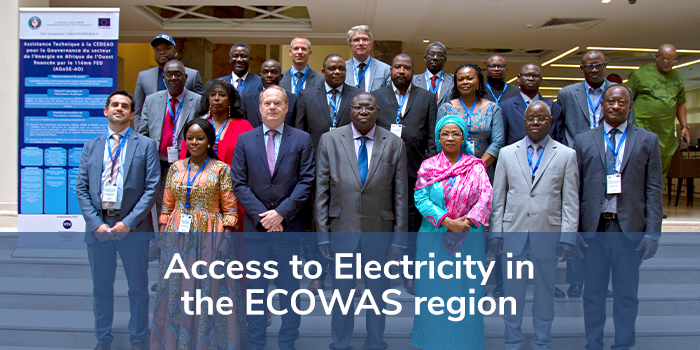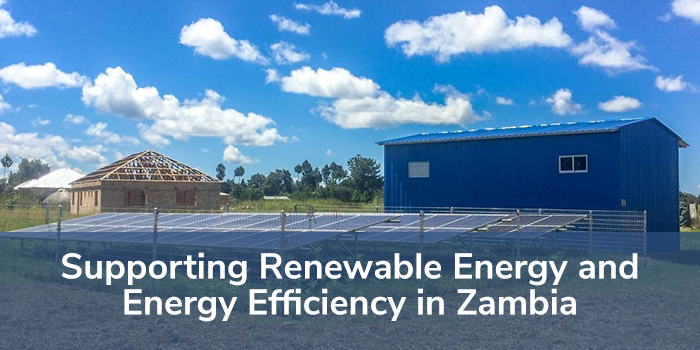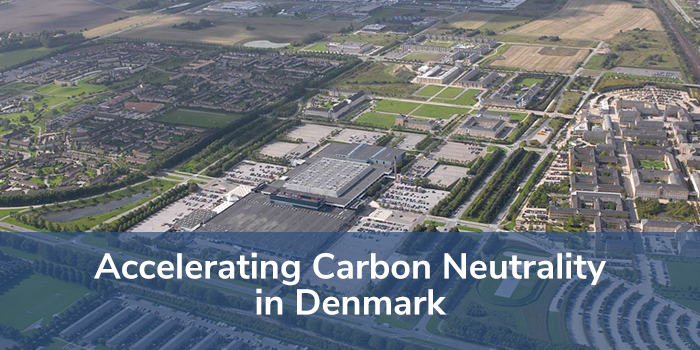Fossil fuels are a cheap and reliable source of energy but are extremely polluting and dangerous to produce. They are also negatively impacting climate change and human health. These types of energy can only be found in limited amounts and take a long time to replenish. That is why a paradigm shift is happening on a global scale.
Today, a fifth of the world’s primary energy supply already comes from renewable sources and this is expected to continue growing: the number of clean energy options is increasing with new technological innovation, but also the growing political will and competitive pricing. Solutions such as solar energy, geothermal energy, wind energy, and hydropower are especially in focus worldwide.
The development of renewable energy solutions, on the other hand, brings a variety of benefits such as:
- GHG reduction resulting in slowing down global warming,
- improved public health with lower air and water pollution,
- economic benefits with job creation,
- reliability and resilience of renewable energy technologies, etc.
Renewable Energy facts
- Just 1 wind turbine can generate enough electricity to power 1,400 homes
- If utilised, the sunlight beamed on the earth for 1 hour could meet the world’s energy demands for an entire year
- The country in the world with the highest share of renewable energy is Sweden, with approximately 55%
- Albert Einstein was awarded in 1921 the Nobel Prize in physics in relation to his discovery of the photoelectric effect… and this led to the invention of the solar panels!

NTU’s involvement in Renewable Energy (RE)
NTU recognises the fundamental role that renewable energy has in facilitating a shift towards sustainable development worldwide. For this reason, we offer RE solutions and promote the use of alternative fuels, such as biogas or LNG. NTU works towards demonstrating the importance and the economic opportunities that renewable energy offers.
NTU’s operations targeting renewable energy include: support in the deployment of fossil free energy solutions in various sectors, definition of RE corridors, creation of institutional and regulatory framework of RE standards and norms, promotion of RE through the harmonisation of legislative frameworks, definition of standards and certifications in the RE sector, support the development of RE in rural electrification, capacity building in the development of sustainable energy projects, development of detailed design related to mini-grids, pre-feasibility and feasibility studies for RE projects, organisation of events on alternative sources of energy, etc.
NTU works to integrate clean energy aspects in other contexts, such as logistics (i.e. energy efficient port operations), buildings, products, transport or investments (i.e. through public-private partnerships) and promote universal access to modern energy.







